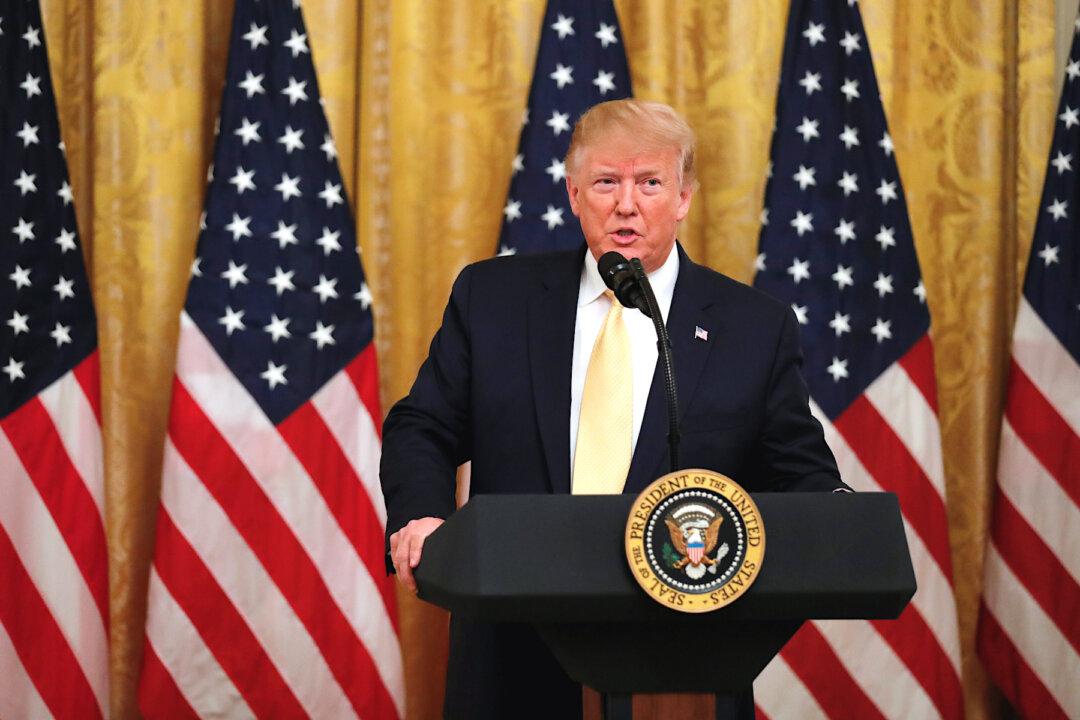President Donald Trump met with a group of conservative content creators to discuss social media censorship in the White House on July 11.
The Social Media Summit was a rare opportunity for creators to have their voices elevated to the national stage, after years of complaints about being suppressed by giant tech companies such as Google and Facebook.





